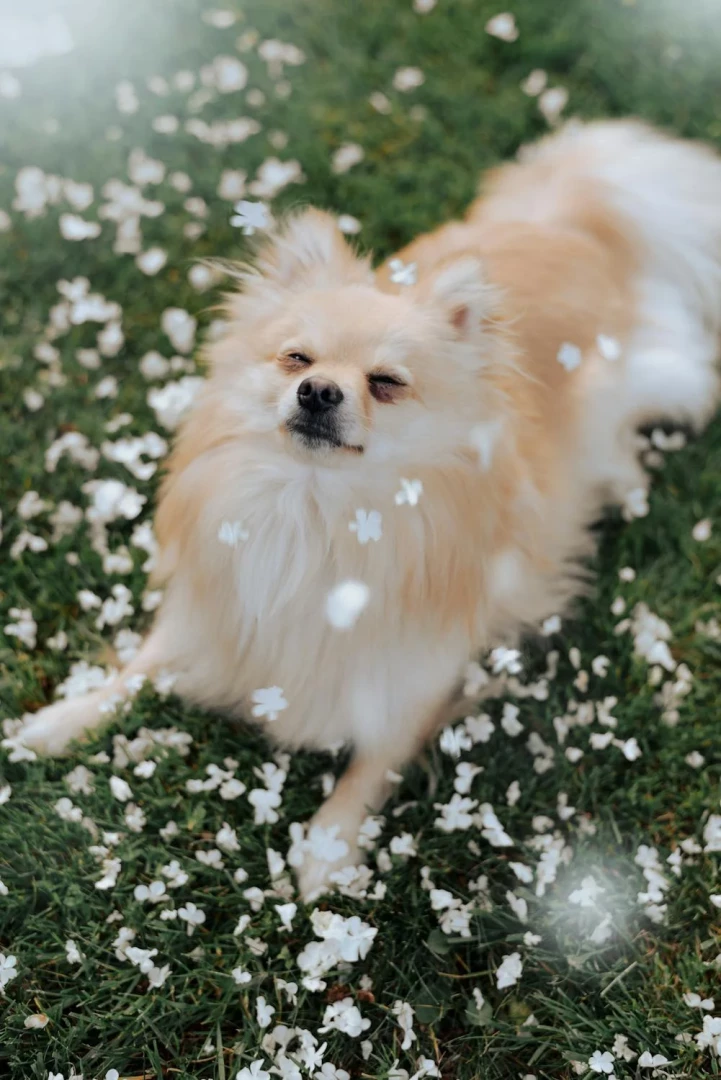
Pomeranian
About
The Pomeranian is a lively, intelligent, and affectionate breed that makes a wonderful companion for individuals and families who appreciate their spirited nature. With their bold personality, loyalty, and fluffy charm, Pomeranians thrive in homes where they can receive attention, training, and affection. Their combination of playfulness, intelligence, and devotion makes them a cherished addition to any household looking for a small but mighty canine friend.
 Breed Size
Breed Size
-
Weight (Male)
1-3 kg
-
Weight (Female)
1-3 kg
-
Height (Male)
55-58 sm
-
Height (Female)
55-58 sm
 Coat
Coat
-
Fur Type
Double
-
Color
One color
 Care
Care
-
Walk
>30 minutes/day
-
Breed group
Toy Group
-
Breed Size
XS
-
Demeanor category
Alert/Responsive
 Breed Traits
Breed Traits
-
Barking
-
Good with young children
-
Drooling
-
Energy level value
-
Grooming frequency value
-
Good with other dogs
-
Trainability
 Breeds Club Recognition
Breeds Club Recognition
-
Trainability Category
>Agreeable
-
Temperament
>Inquisitive, Bold, Lively
